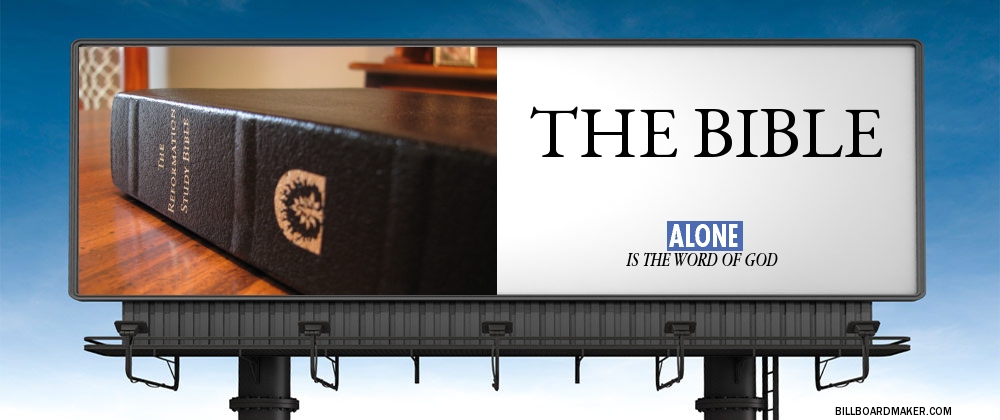Dr. James White just finished a publicly moderated debate with Islamist Shabir Alley in South Africa.
Dr. White writes:
Dear Shabir:
Last evening in the mosque in Erasmia you raised, I believe anyway for the first time in our encounters, your booklet of 100 alleged contradictions in the Bible. I have had your little booklet for quite some time. But I will be honest, I assumed it was an “early” work for you, and as such, I did not focus much on it, assuming that as you obtained your education at a higher level you would produce a much more nuanced and forceful argument. But given that you cited it last evening, I can only assume you continue to feel this list has sound merit.
When I began my ministry thirty years ago I encountered, and then engaged, an atheist by the name of Dennis McKinsey. McKinsey put out a little monthly publication titled “Biblical Errancy.” Reading his little flyer gave me plenty of examples of how people can, by ignoring context, original language, and plain common sense, accuse any document, let alone a document of ancient origin, of error. I do not know if any atheists out there put out something like “Qur’anic Errancy,” but the very same methodology could surely do so, though not to nearly the same extent, given the Qur’an is barely half the length of the New Testament, and only one fifth as long as the Tanakh, and hence only 14% as long as the entire Bible.
With all affection and respect for you, Shabir, your list is very, very unworthy of you. It is barely up to the level of most atheist lists, and does not include, to be honest, the most serious questions I have wrestled with regarding the accuracy of the Biblical text. No serious discussion of the contexts are provided, as you know. Answers have been provided—consistent, scholarly, accurate answers—to your allegations since the days of the early church. And I have published full refutations of a number of your allegations, long before you put them in print under your name.
Let me provide three examples from my book, Letters to a Mormon Elder, first published almost a quarter of a century ago! The first refutes #55 in your list: Continue reading


